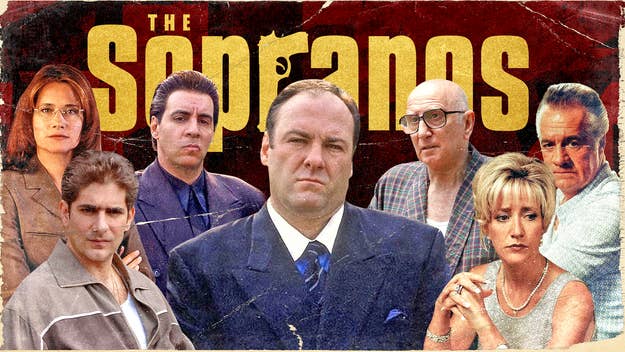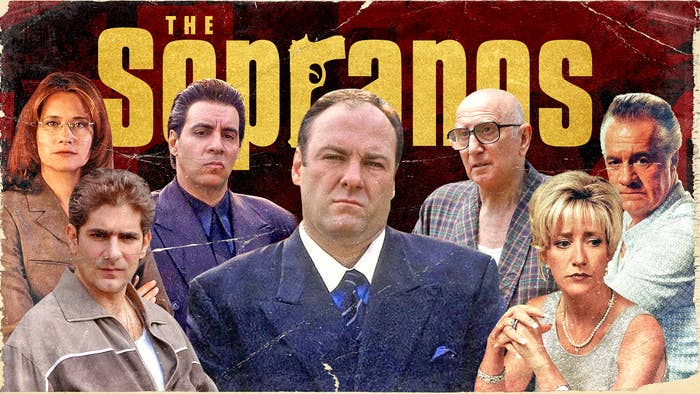
The Sopranos is celebrating its 25th anniversary.
The David Chase–created series debuted on HBO on Jan. 10, 1999, and lasted eight years until its much-talked-about finale aired in June 2007. The show continues to be lauded as the best series in TV history, and that’s a fact, and not at all up for debate. Not here at Complex, at least.
The show remained infallible throughout its six-season run, all thanks to its lead, Tony Soprano, played by the late and great James Gandolfini, and the fantastic supporting cast that surrounded him. Gandolfini, Edie Falco, Michael Imperioli, and Drea de Matteo brought some of the most beloved TV characters of all time to life, delivering Emmy-worthy performances during the show’s tenure.
It was obvious that most characters on The Sopranos lacked a moral compass. But they also lived by their own codes and values, like taking care of family, which is the balance that made Tony a remarkable anti-hero. While others on the show weren't crimiminals or part of the mafia, they were complicit or benefited in some way from those crimes, resulting in incredibly complex TV characters.
In honor of the show turning 25, Complex looked back at some of the show’s most important figures and ranked them according to the level of likeability throughout the series. Find out where your favorite characters landed in our ranking, below.
Yes, there are spoilers below, but you had two and a half decades to watch the show, so that’s on you.
20. Livia Soprano
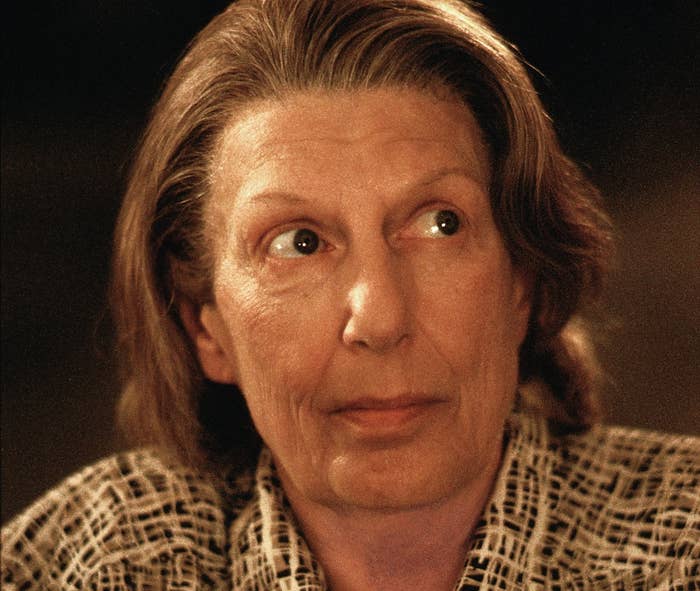
Played by: Nancy Marchand
A show that leaned so heavily into psychotherapy and Oedipus complex needed to have a memorable matriarch, and Livia Soprano was certainly that. She oscillates between being manipulative—constantly guilting everyone or conveniently acting bewildered—and being downright villainous like, you know, abusing her children and then plotting to have her son killed. Even Janice believed her mother was not capable of love or happiness. Everyone hated her so much that even her funeral turned into a debacle.
There are two real-life elements to her character to keep in mind. One, creator David Chase based the character on his mother, claiming phrases like "Poor you" and "Another toothpick" are things his mother actually used to say. Two, the real-life death of actor Nancy Marchand changed the trajectory of the show. She wasn’t supposed to die that soon; Season 3 was supposed to have her testifying against Tony over the airline ticket arrest. What the show would have been had Marchand lived is a great What If? But honestly, we were just happy to have Livia out of our lives. —Insanul Ahmed
19. Ralph Cifaretto

Played by: Joe Pantoliano
On a series full of bastards and villains, it’s hard to stand out accordingly, but Ralphie certainly takes the cake. Introduced immediately as an unpredictable thorn in Tony’s side, Ralphie has few redeeming qualities and is a figure of pure anarchy. Ralphie’s behavior is tolerated, at best, because of his connections to a highly important project, but Tony can only condone so much, and as soon as Ralphie murders Tracee, his fate is sealed—even if it takes a while for justice to come to him. The most devilish figure on the show, Ralphie’s impact on The Sopranos is brief (he was only around for a handful of episodes), but his involvement casts a (rightfully) large shadow over the series’ middle stretch in a way that’s decidedly hard to shake. —William Goodman
18. Richie Aprile
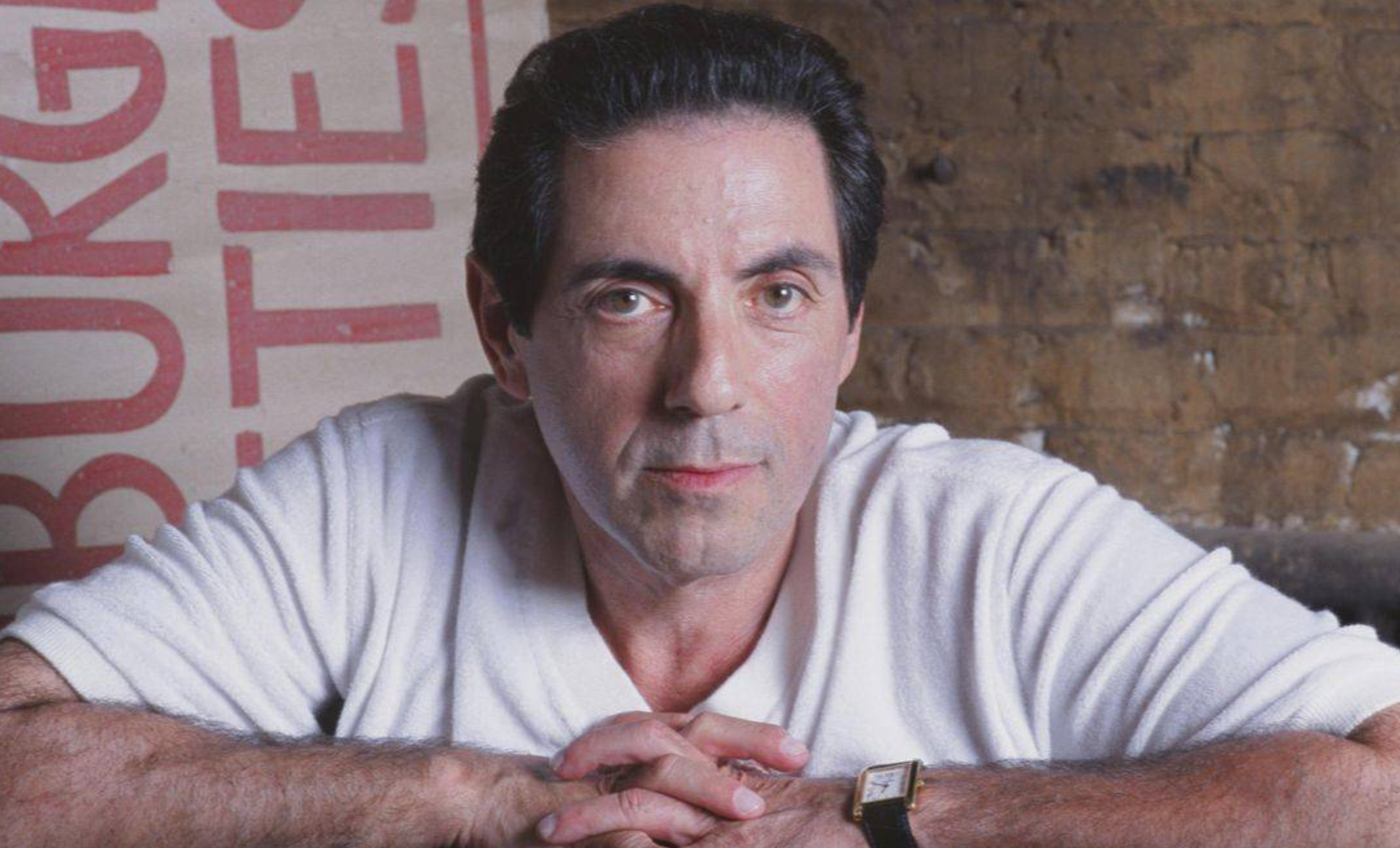
Played by: David Proval
Uncle June may have admired his moxie, but Richie Aprile is one of the show’s most unrelenting assholes. Even the worst Sopranos characters provides occasional comic relief, whereas Richie always keeps a mean mug and a harsh word. He’s not even a savvy gangster; he paralyzes Beansie, who was a useful associate, he fails to split his enemies when he plots with Uncle Junior, and he lets Janice manipulate him. Being protective of his niece Adriana, doing yoga, and knowing red coolers sell better than blue ones might be his only decent qualities. In later seasons, the show sometimes falls into the trap of Tony constantly bickering with a rival whom he inevitably has to whack by season’s end. Richie getting killed by Janice is shocking in terms of story, but it couldn’t have come any sooner. —Insanul Ahmed
17. Janice Soprano
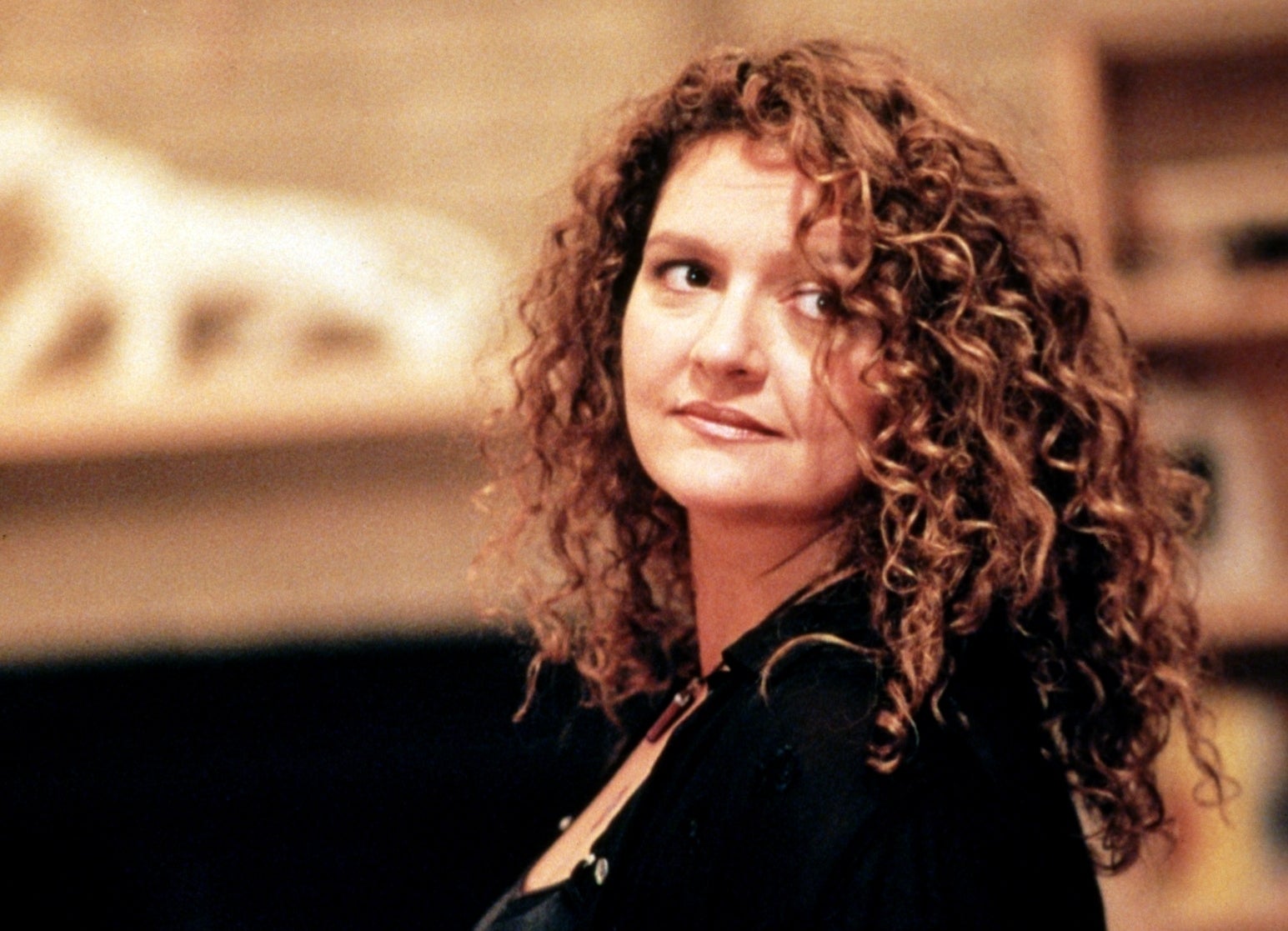
Played By: Aida Turturro
Let me preface this by saying that I am a supporter of women’s rights and wrongs, but not when it comes to the women in Tony’s family. They are unbelievably insufferable and narcissistic (and make Carmela look like a saint in comparison). Starting with his mom, Lydia—easily the worst character on the show and one of the worst moms in TV history—Tony’s sister Janice is not much better. As much as she tries to fight it, and much to Tony’s chagrin, she slowly starts transforming into their mother. Tony has held a longstanding resentment toward her since she took off to California when they were younger, leaving him alone with their mom. Janice also has a bit of a murky past, one that includes a son named Harpo from her first marriage who is never seen in the series, which Tony uses against her.
Janice's impulsive and flighty behavior put Tony and the family at risk once she returns to New Jersey, and she gets involved with men in Tony’s business, like Richie Aprile, Ralph Cifaretto, and Bobby Baccalieri. Janice manipulated those three men in one way or another, and their relationship with her—no matter how awful they were—all ended in their demise. Aida Turturro gave one hell of a performance as Janice, and fans of the show can all agree that the character is one of the most irritating in the entire series. —Karla Rodriguez
16. Christopher Moltisanti
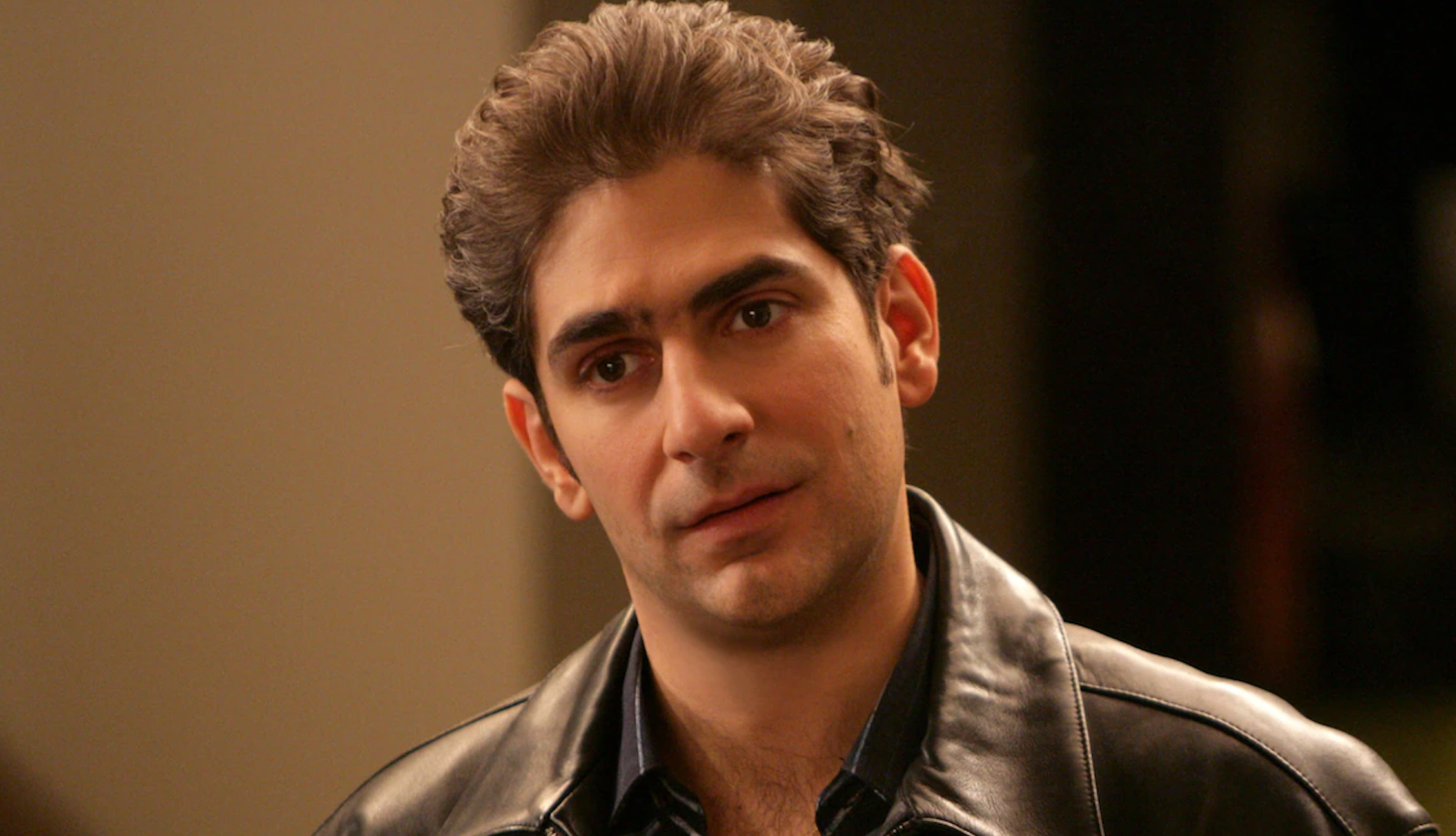
Played By: Michael Imperioli
One of the longstanding debates about The Sopranos is whether or not Tony Soprano is a sociopath. When it comes to Christopher Moltisanti, however, one thing I’ve learned from multiple rewatches is that Chris is 100 percent a sociopath. On initial watches, it’s easy to feel for Chris because he often languishes in melancholy, depressed over his shitty screenplay or succumbing to drug addiction. Eventually, you realize he never feels bad for anyone other than himself. In many ways, he is worse than Tony. When Tony kills someone, they usually have it coming; Chris hits a waiter with a brick for no good reason.
Tony has a real friend in Artie; all of Chris’ friends are junkies and lowlifes. Tony has enough empathy to connect with animals like the ducks or Pie O My; Chris gets high and kills a dog. When confronted about killing said dog, Chris physically abuses Adriana—the sole indignity that Tony spares Carmela. His misguided loyalty to Tony leads him to sell out his own girlfriend, whom he never even mourns (compare that to the tailspin Gloria Trillio’s death puts Tony in). Chris might be less charming than Tony, but he’s actually worse. He lies, cheats, steals, and kills like everyone else, but he’s somehow even more selfish. —Insanul Ahmed
15. Corrado “Junior” Soprano
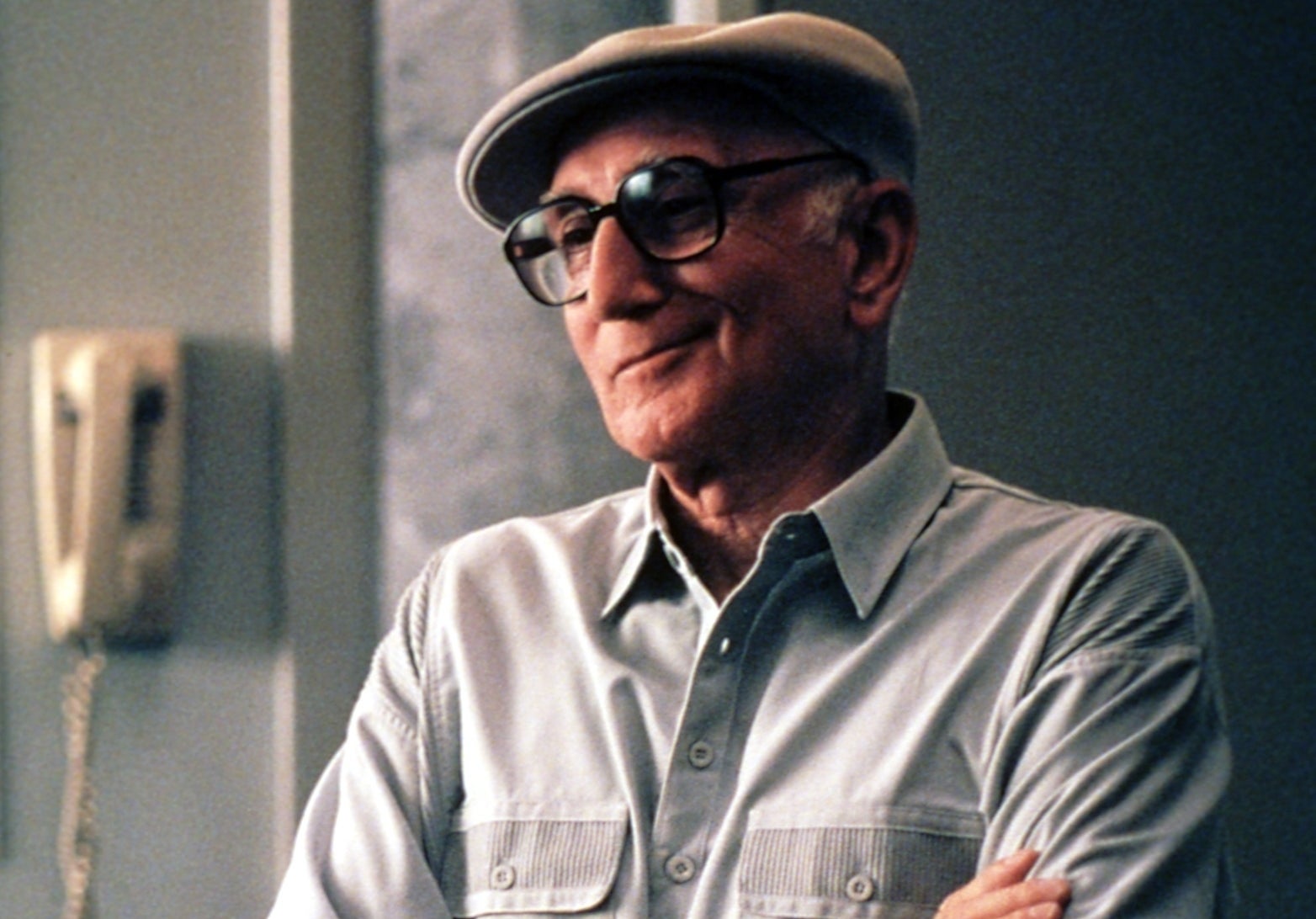
Played by: Dominic Chianese
"Be afraid of an old man in a profession where men die young." Of all the things that could be said about Junior Soprano, one thing is for certain: The man survived. He outlived both of his brothers, and he made it through the entire series run, despite ordering a hit on Tony in the very first season. Tony let Junior live—for political reasons, of course (murder is no way to forge a lasting peace), but also for sentimental reasons. Junior at least took a young Tony to baseball games, which is more than Livia ever did. But even though Junior did not die in a physical sense, he died in a psychological sense. Dementia is sometimes called "the long goodbye," and watching Junior fade into a shell of himself—losing his memory and any recognition of his old life—is an underrated part of this modern Greek tragedy. —Kevin Wong
14. A.J. Soprano

Played By: Robert Iler
The burden of expectation is always difficult, doubly so when you’re the heir to the throne. One of the most intriguing stories of The Sopranos is what Tony’s son A.J. doesn’t receive when it comes to his father’s tendencies. There’s a case to be made that A.J. reflects all Tony’s perceived weaknesses—sensitive, unfocused, adrift—which further make his troubles and struggles understandable. The epitome of post-9/11 youth, there’s a nihilism to A.J. that makes him deeply relatable to people of a certain generation and makes his arc all the richer upon further reflection and time. —William Goodman
13. Salvatore "Big Pussy" Bonpensiero
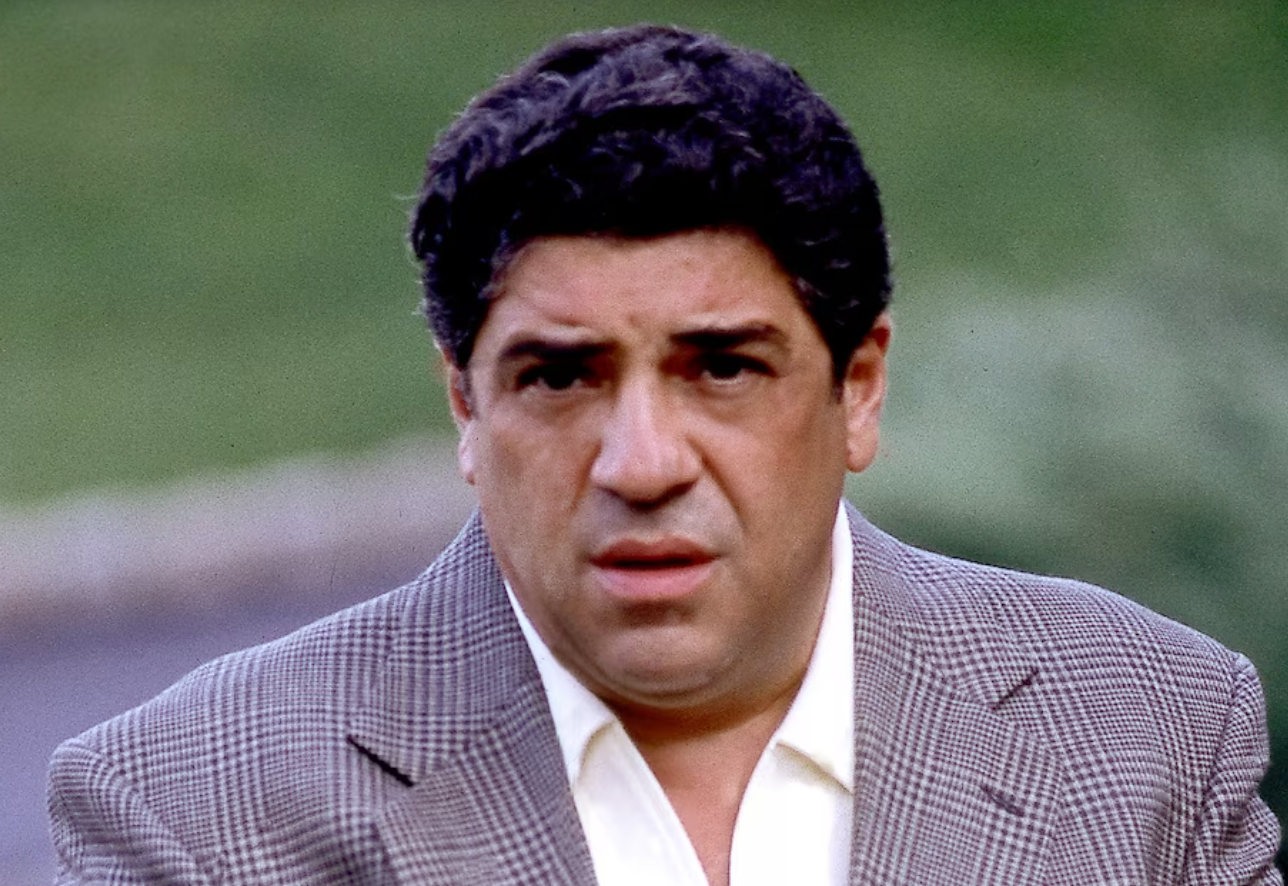
Played by: Vincent Pastore
In the mob world, the worst thing you can do is be a rat. Falling prey to this outcome is largely the impact and legacy of Salvatore "Big Pussy" Bonpensiero, who is one of the lingering and looming threats to Tony throughout the early stages of the series. A betrayal from within is always brutal, especially with Sal, who always appeared to be one of Tony’s most stalwart crew members. But Sal serves as the vehicle for one of the most surprising elements of the series: how it embraces anti-climax as a tool to keep viewers on their toes. Tony finding out Big Pussy is a rat via a hazy dream induced by food poisoning is one of the series’ first dalliances with the supernatural—and one of its very best. —William Goodman
12. Johnny Sack

Played by: Vincent Curatola
Johnny Sack is a loving father and an adoring husband, making him one of the most decent gangsters on the show. Sure, he plots to murder his boss, has a brutal war for control of his crime family, and admits to the existence of Cosa Nostra in court, but that’s par for the course. Johnny’s downfall is his anger, though his outbursts are hilarious ("What’s this? The fuckin’ U.N. now?!”). Initially a calm and collected pragmatist, he turns into a hothead after his wife is insulted (one of the few characters who never cheats on his wife) and becomes increasingly insecure after Carmine dies. Still, Johnny always keeps his eye on the prize, like when he insists he doesn’t stick his beak in (even when he does) or plays Paulie like a fiddle. Not to mention, he has impeccable style; the way he smokes his cigarettes, that Maserati Coupé, and too bad he gets bloodied up while beating up that dude for laughing—‘cause one thing about Johnny Sack, that man knows how to sport a Burberry coat! —Insanul Ahmed
11. Vito Spatafore

Played by: Joseph R. Gannascoli
Vito Spatafore has perhaps one of the most sad, but preventable, stories in The Sopranos. Being Tony’s highest earner doesn’t spare him when his bisexuality comes to light. But in all truthfulness, it only becomes known because he’s sloppy. He could have easily lived out his double life elsewhere, far from New Jersey, and kept his mob life and his wife and kids separate. Vito knows that homosexuality was considered a major no-no in the Mafia but does very little to prevent people from finding out. He has a way out when he escapes to New Hampshire but can’t hack it, not even one full day, doing a regular job. He finds love and freedom, but he gives it all up to return to Jersey and meet his demise in the saddest and most tragic of ways. Unfortunately, some things are simply unforgivable in that world. —Karla Rodriguez
10. Adriana La Cerva

Played by: Drea de Matteo
When I think of Adriana, I can only think of her final moments. She's sitting in the back of Silvio's car, and you see it dawn on her, in real time, that she's a dead woman. When Silvio finally stops the car, she doesn't go out with dignified resolve or put on a brave face; she collapses in a terrified panic. The last time we see her alive, she's crawling away from Silvio on her hands and knees, like an animal about to be euthanized. Adriana is no hardened criminal, and because of that, everyone uses her for what they can get. It's how the FBI scares her into cooperating, and it's why she makes the fatal mistake of telling Christopher everything. So many of the mobsters on The Sopranos die for power, or money, or foolish pride. Adriana dies for loving someone who doesn't love her back. She deserves better, which is why it hurts so damn much. —Kevin Wong
9. Bobby 'Bacala' Baccalieri

Played by: Steve Schirripa
Outside of Dr. Melfi, the most moral figure in The Sopranos is Bobby, who is about as innocent as they come in the gangster world. In some respects, Bobby’s naivety is what ends up getting him killed, but gangster stories are often more compelling with someone of Bobby’s moral character involved. What does a reluctant gangster look like? How can he function alongside all the other wolves at the door? That’s the beauty of Bobby. He somehow finds a way to stay above the fray, confessing to Tony that he had never killed a man—until he reaches a point where not even he can escape getting pulled into the dark alongside everyone else. —William Goodman
8. Artie Bucco

Played by: John Ventimiglia
Artie Bucco never commits any crimes or is on the take, so by default, he’s one of the better human beings on the show. Most of the time, we feel for Artie; he’s a regular working stiff who runs Vesuvio and just happens to have gone to high school with a mob boss. Problem is, like many other Sopranos characters, he is downright annoying. Artie is at his slimiest when he repeatedly, foolishly lusts after his restaurant hostesses (Adriana, Élodie, Martina) only to embarrass himself in such cringeworthy ways (seriously, the earring?) that we actually feel bad for him. Tony was right when he told him he should stick to the kitchen ‘cause no one wants to hear his corny jokes and stupid stories. —Insanul Ahmed
7. Meadow Soprano
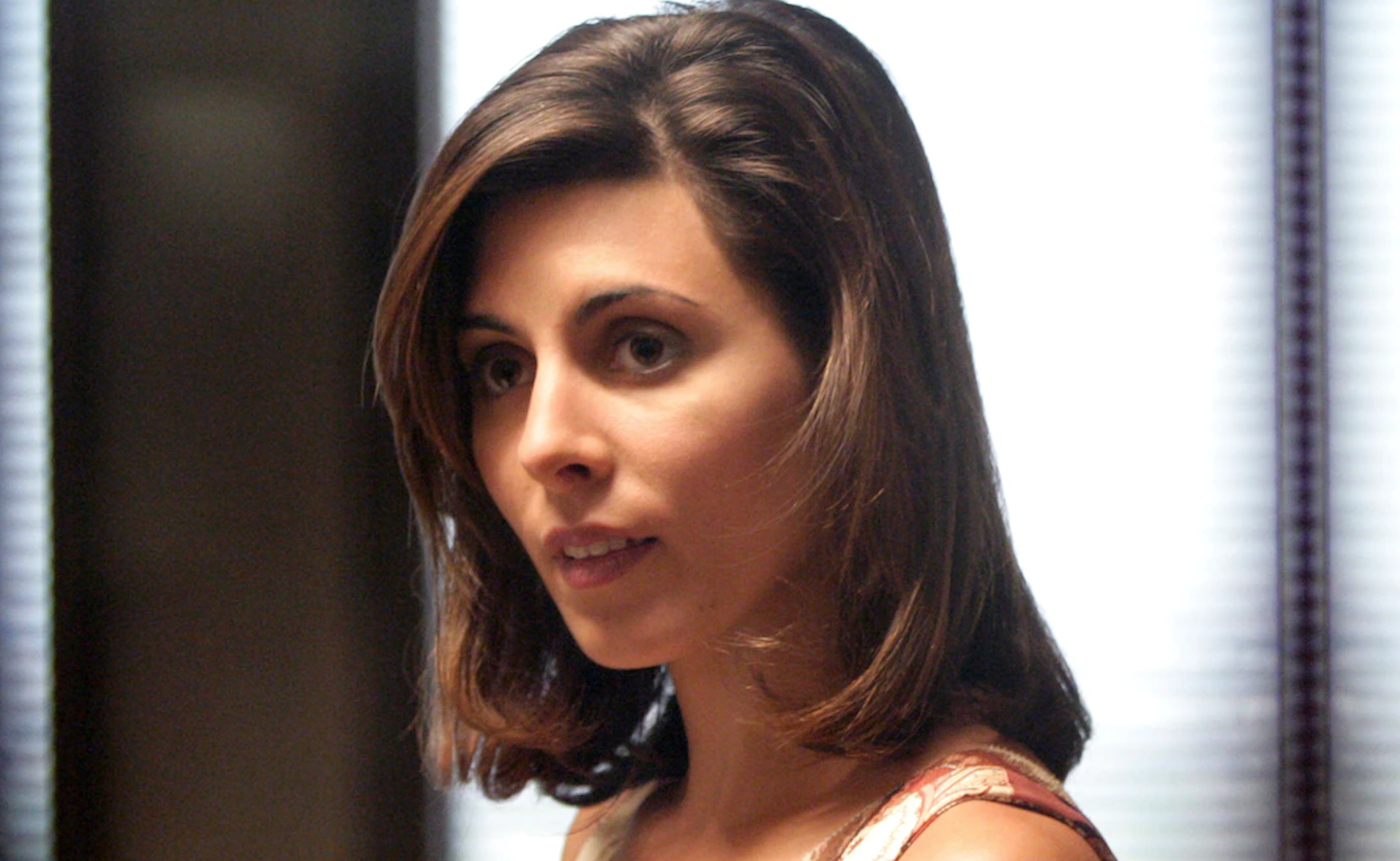
Played by: Jamie-Lynn Sigler
Meadow Soprano proved to be the determined, first-born daughter that Tony and Carmela were proud of. While AJ was in his own world and giving his parents trouble, Meadow was a good student, focused and ambitious. Meadow was aware and a bit resentful of her family’s business and what her father does for a living, especially after the death of her ex-boyfriend Jackie Aprile Jr. Separating herself from her family’s involvement in the Mafia, Meadow gets into Columbia University and starts working at a Bronx Law Center, helping minorities in need. She forgoes a career in medicine and decides to pursue a career in law instead. While part of what inspired her decision was Tony being arrested by the FBI, Tony having a lawyer as a daughter is one of the most ironic storylines on the show. —Karla Rodriguez
6. Furio Giunta
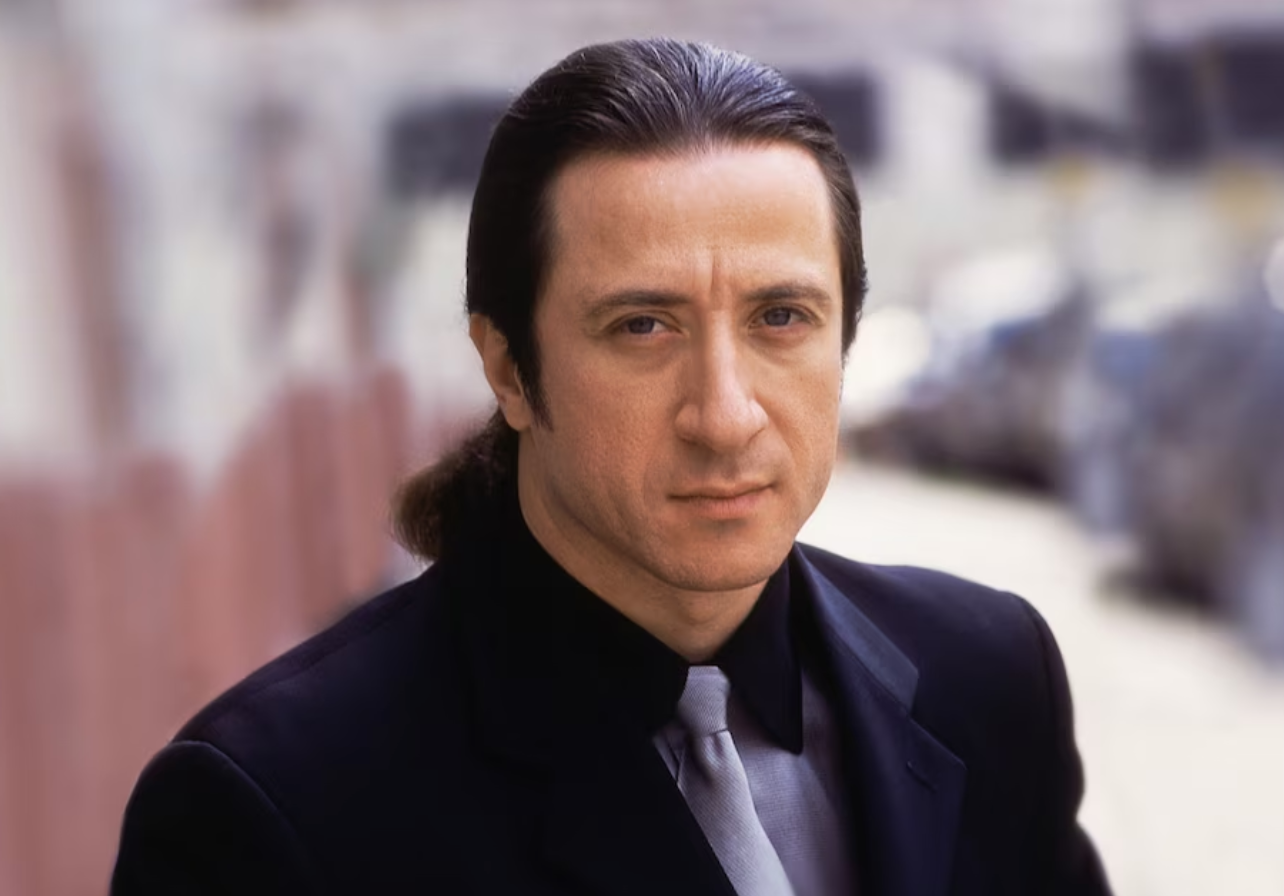
Played By: Federico Castelluccio
Furio is the best of both worlds. He gets to be a sensitive thug with Carmela and crack jokes with the guys, and he has one of life’s most underrated skills, knowing how to exit a conversation gracefully. He rocks his signature ponytail and immigrant accent, and he’s all-around likable. However, when it comes to business, he will viciously lay the smackdown when it’s called for. Many Sopranos characters act violently, but they never seem to be in control, whereas Furio never seems to let his emotions get in the way (unless it comes to Carmela, of course). He’s also ruthlessly intimidating. All his best qualities come together in one of the show’s best scenes as Tony strongarms Uncle Junior’s doctor on the golf course as Furio fiercely gazes on, chiming in, “Stupida fuckin’ game,” before delivering the show’s funniest line: “You got a bee on your hat.” —Insanul Ahmed
5. Paulie 'Walnuts' Gualtieri

Played By: Tony Sirico
Memory can be hazy, so it might be easy to simply consider Paulie Gualteri as the comedic lynchpin of The Sopranos. But don’t let his foolish demeanor fool you; Paulie is a stone-cold killer credited with having the highest number of kills on the show. A stalwart and loyal member of the family, he gets meatier stories throughout the latter portion of the series that reveal him to be just as frightened as all people are. Paulie’s relationship with Christopher is also the show’s most rewarding partnership, exemplified by “Pine Barrens,” which remains one of the finest hours of television ever filmed. —William Goodman
4. Dr. Jennifer Melfi

Played by: Lorraine Bracco
Dr. Melfi is a psychiatrist who treated Tony for seven years following his panic attack in the first episode. The therapy scenes between Melfi and Tony serve as windows into Tony’s psyche and his past, which help the viewer slowly learn about his motivations and how he feels about the life he is living as a Mafia boss. Dr. Melfi is patient and caring and slowly gains Tony’s trust. Tony finds it difficult to express his feelings inside and outside of her office, and is afraid to show vulnerability given his position.
He begins telling her more than he does his wife and longtime friends, and camaraderie begins to grow between them, which eventually Tony wants to develop into something romantic. Melfi is an admirable character because even if she feels an attraction to Tony, she knows a romantic relationship with him would be immoral and unethical. After all, he is her patient. Trying to help a criminal change his ways is an impossible feat, but it takes long before Melfi gives up on Tony, and it becomes one of the most special relationships we see him have on the show. —Karla Rodriguez
3. Carmela Soprano
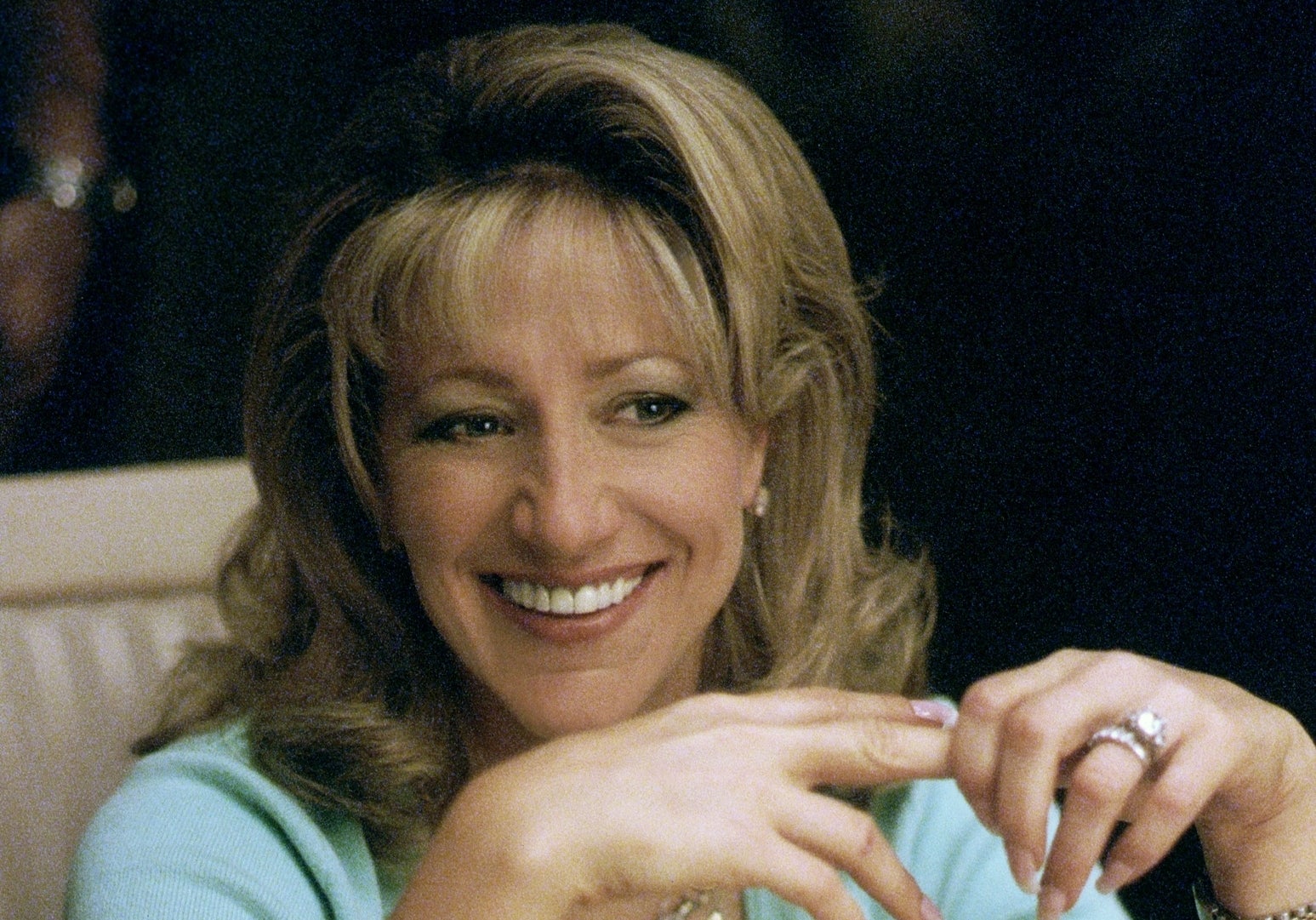
Played By: Edie Falco
Carmela Soprano is tough as nails. She holds her own in a sea of powerful, chauvinistic men, and keeps the Sopranos household and her two kids in check, all while dealing with her husband’s extra-marital affairs. But Carmela knows exactly who she’s married to and what comes with the territory of being a mob boss’s wife. That includes the lavish lifestyle that seems impossible for her to give up. Sure she feels neglected at times, but she’s also a willing recipient of the luxurious gifts Tony gives her to keep her satisfied (and quiet). Still, Carm is not afraid to make some noise, and even tries to find her own independence outside of Tony.
Carmela is no doormat and while Tony has his goomars, Carm plays the game too. She has a peculiar relationship with Father Phil Intintola, an almost romance with Furio, and an incredibly inappropriate relationship with A.J.’s guidance counselor, Robert Wegler. She also uses her wealth to put down her friends like Charmaine Bucco, until Charmaine reminds her that she could have had her life, but chose not to. “It wasn't for me,” she tells Carmela. “Stop worrying about me. We both made our choices. I'm fine with mine.” In the end, once Carmela realizes divorce isn’t an option, she seems to accept hers too. She doesn’t take any shit from Tony, but she also doesn’t hesitate to look the other way to maintain the life he has provided for her—regardless of where that money comes from. Tony is a powerful, no nonsense kind of guy, but in my eyes, Carmela is his equal and the most-fitting female counterpart to match him and his ways. —Karla Rodriguez
2. Silvio Dante

Played By: Steven Van Zandt
If I needed a friend in my corner in a high-pressure situation, I’d choose Silvio every time. Silvio serves as a loyal and reliable consigliere to Tony throughout the series, and since he is older than Tony, he goes above and beyond to counsel him and keep him calm in situations that could set off Tony’s temper. Being level-headed makes him a suitable right-hand man for someone like Tony. Even when he’s overlooked and Tony chooses to put Christopher in charge, he doesn’t let that stop his loyalty to the family and continues standing by Tony. Silvio handles some of the most heartbreaking executions throughout the series, including Adriana when they find out she was an FBI informant. Silvio also knows his limits. While others want more power, he realizes the pressures that being the boss comes with, and he’s content with remaining a steadfast advisor to the family. That makes him wiser than many of these characters combined. —Karla Rodriguez
1. Tony Soprano
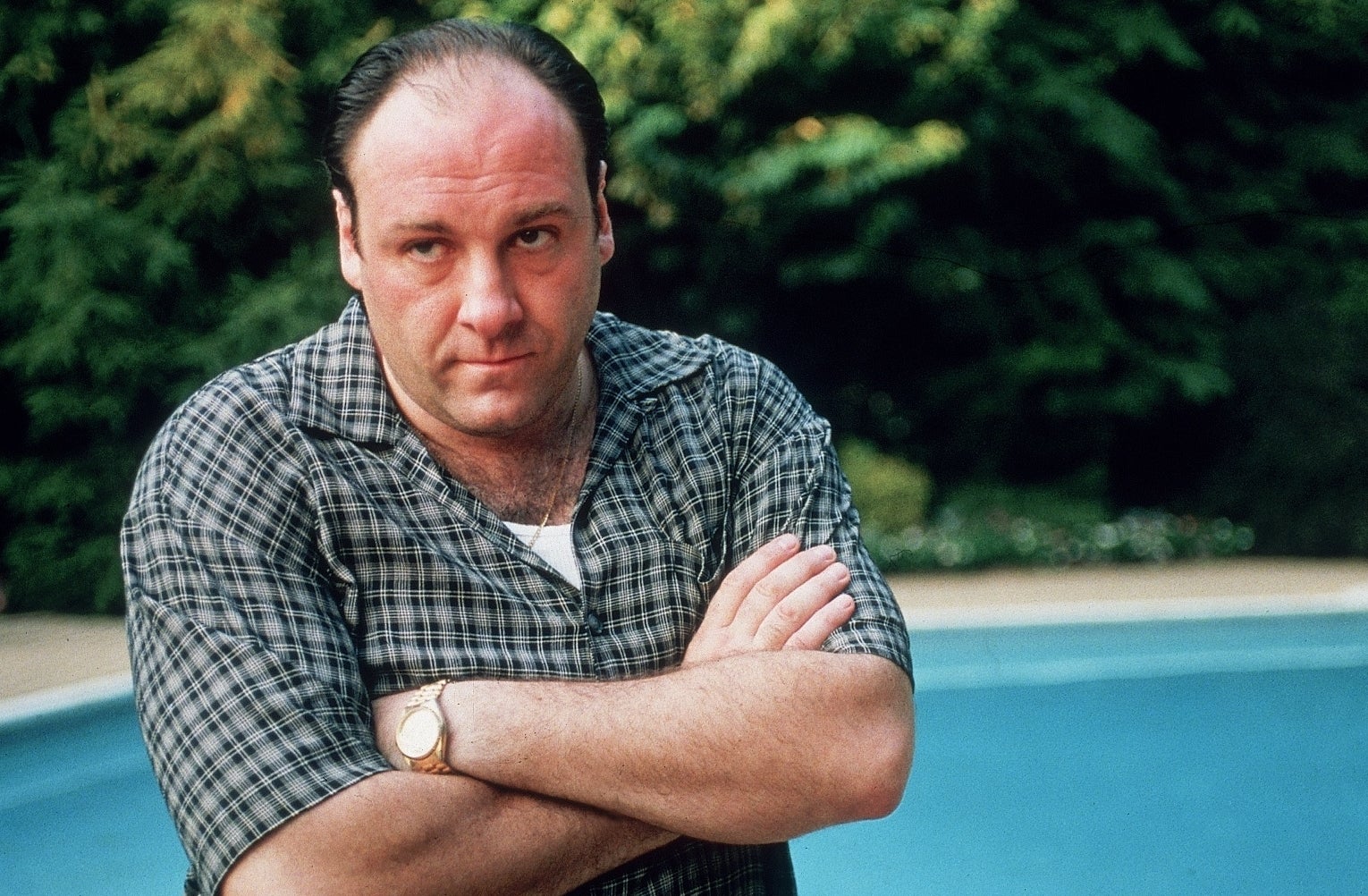
Played By: James Gandolfini
It couldn’t be anyone other than Tony. Tony Soprano’s anti-hero archetype set the mold for the golden era of television, with dozens of similar characters following in his wake. Tony reflects America itself as someone who is endlessly relatable and likable but also flawed, dark, and violent. Any sympathy the viewers have for Tony is because of James Gandolfini’s star performance, which brought such pathos to the character; despite all the monstrous things he does, audiences root for Tony because they understand him. Tony’s concerns, anxieties, and fears mirror the audience, allowing them to continually welcome him into their homes weekly—even as he does one awful thing after another.
Endlessly fascinating, with a depth of complexity that’s hard to achieve in any medium, the character Tony Soprano continues to transcend the medium and the show that made him a cultural icon. Who cares if he did or didn’t make it out of Holston’s that night? His legacy and impact will live on for decades to come. —William Goodman
